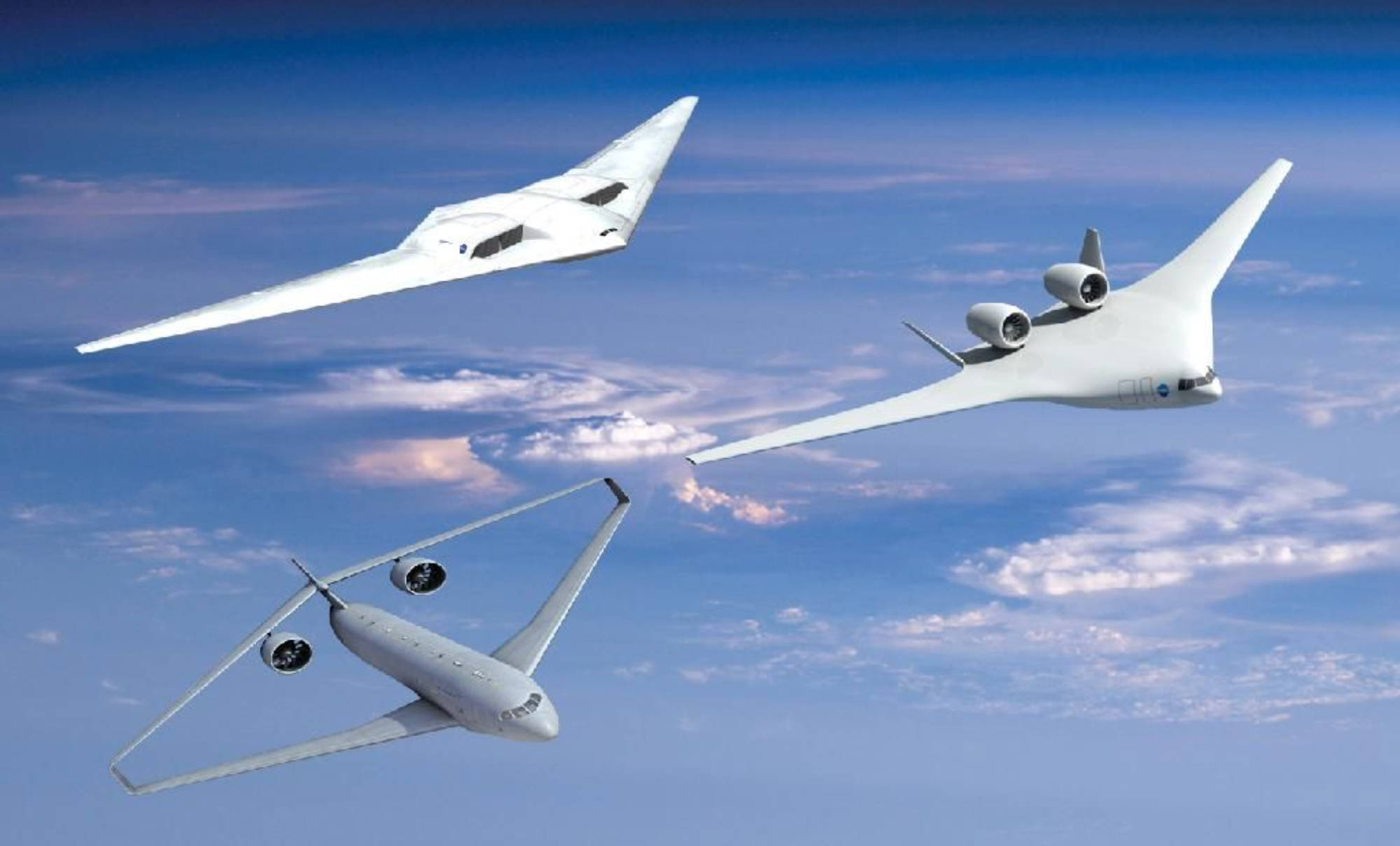The Future of Flight Tracking: Exploring Emerging Trends and Technologies
Flight tracking has changed dramatically since I first started using it and following its technology. What used to be a basic way to monitor an aircraft’s location has now transformed into a sophisticated system that gives us real-time updates about flights worldwide. It’s been fascinating to watch this evolution over many years, but now I can’t help but wonder—what’s next for aviation and specifically flight tracking? What advancements will we see that will make it even better?
AI-Based Predictive Analytics in Flight Tracking
One thing that’s really intriguing to me is how Artificial Intelligence (AI) is making flight tracking smarter. I’ve seen firsthand how AI can use historical data to predict future events with surprising accuracy. Whether it’s analyzing weather conditions, air traffic congestion, or technical issues, AI seems to have the ability to predict delays and cancellations before they happen. As someone who’s dealt with more than a few frustrating delays, I’m cautiously optimistic about this. Imagine knowing in advance if your flight might be delayed, giving you time to make adjustments. That’s a BIG DEAL.
Augmented Reality Overlays in Flight Tracking
Another technology that I’m really looking forward to is Augmented Reality (AR). I’ve dabbled with AR in other areas, but the idea of using it for flight tracking is fascinating. Imagine being able to point your phone at the sky and instantly see live flight data—altitude, speed, destination, and even what type of aircraft is flying overhead. As someone who’s always been curious about the planes I see in the sky, this would be incredibly useful. AR is already transforming industries, and I can’t wait to see how it integrates into aviation.
Advancements in Data Visualization
When it comes to flight tracking, data visualization is crucial. I’ve seen some impressive maps and tools over the years (and integrated some of them into iFly.com), but I know the future will bring even better ways to view and interpret flight data. We’re talking about interactive 3D maps and customizable dashboards that give us an even deeper look into air traffic patterns and flight trajectories. As a frequent flyer, this level of detail can be incredibly useful for planning trips or understanding delays. I’m always on the lookout for tools that can give me this kind of insight quickly and easily.
Integration with Internet of Things (IoT)
The Internet of Things (IoT) is another area where flight tracking is set to improve dramatically. I’ve heard a lot about IoT sensors being used to monitor aircraft performance, and the idea that this data could be integrated into flight tracking systems is really promising. If planes can send real-time data about engine health, fuel levels, or even weather conditions, it could help airlines and passengers alike. Personally, I would love to know that my flight is being tracked so closely that maintenance teams can fix issues before they even become a problem. It’s all about making flights safer and more efficient.
Enhanced Privacy and Security Measures
One thing I’m looking out for are guidelines covering privacy and security of flight tracking.It’s reassuring to know that future systems will have better encryption and stricter regulations to keep our personal data secure. I’ve always been a bit wary of how much information is shared publicly, so I’m happy to see that future systems will give us more control over what we choose to share. I think it’s important to strike a balance between transparency and privacy, and I’m glad the industry is working on that.
The future of flight tracking looks incredibly bright. Between AI-based predictive analytics, AR overlays, advanced data visualization, IoT integration, and better privacy measures, I’m excited about what’s to come. It’s an exciting time for aviation, and I can’t wait to see how these innovations continue to make air travel safer, more efficient, and more enjoyable for all of us.
FAQ: Future of Flight Tracking
Find more help here for your journey through the airport




